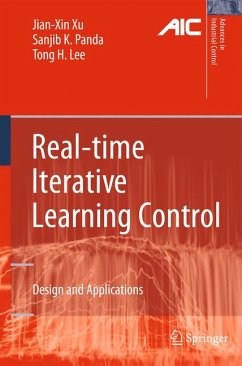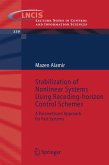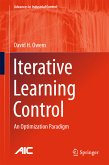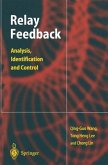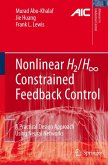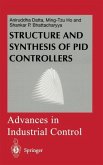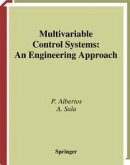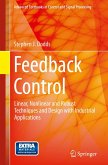Real-time Iterative Learning Control demonstrates how the latest advances in ILC can be applied to a number of plants widely encountered in practice. The authors provide a hitherto lacking systematic introduction to real-time ILC design and source of illustrative case studies for ILC problem solving; the fundamental concepts, schematics, configurations and generic guidelines for ILC design and implementation are enhanced by a well-selected group of representative, simple and easy-to-learn example applications. Key issues in ILC design and implementation in the linear and nonlinear plants that pervade mechatronics and batch processes are addressed. In particular, the book discusses:
. ILC design in the continuous- and discrete-time domains;
. design in the frequency and time domains;
. design with problem-specific performance objectives including robustness and optimality;
. design by means of classical tools based on Bode plots and state space; and
. iterative-learning-based parametric identification.
Real-time Iterative Learning Control will interest control engineers looking for examples of how this important control technique can be applied to a variety of real-life problems. With its systematic formulation and analysis of different system properties and performance and its exposition of open problems, academics and graduate students working in control will find it a useful reference to the current status of ILC.
Dieser Download kann aus rechtlichen Gründen nur mit Rechnungsadresse in A, B, BG, CY, CZ, D, DK, EW, E, FIN, F, GR, HR, H, IRL, I, LT, L, LR, M, NL, PL, P, R, S, SLO, SK ausgeliefert werden.
Hinweis: Dieser Artikel kann nur an eine deutsche Lieferadresse ausgeliefert werden.

